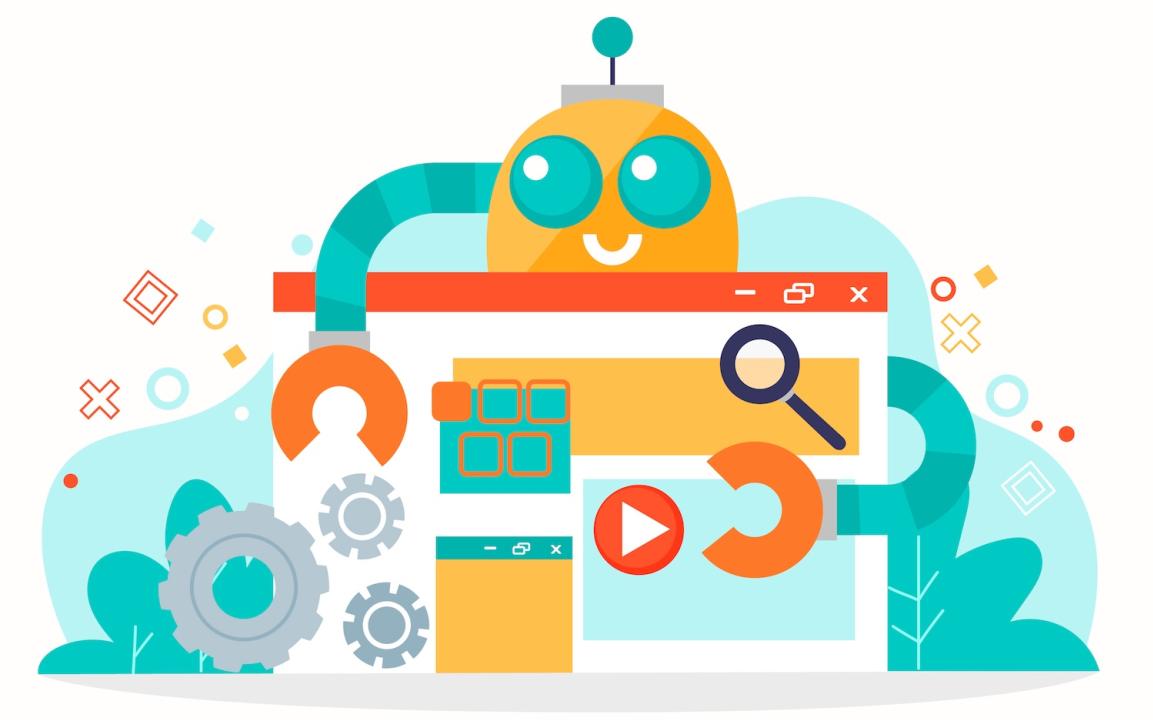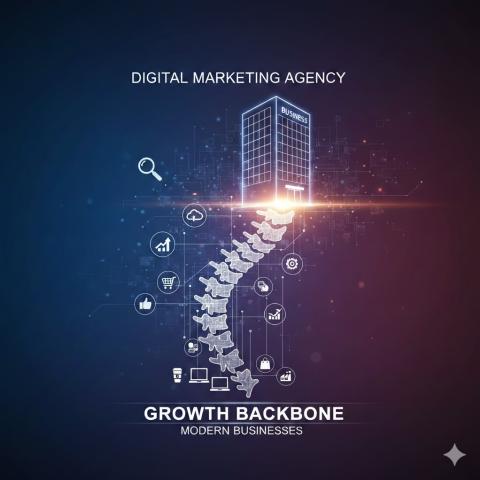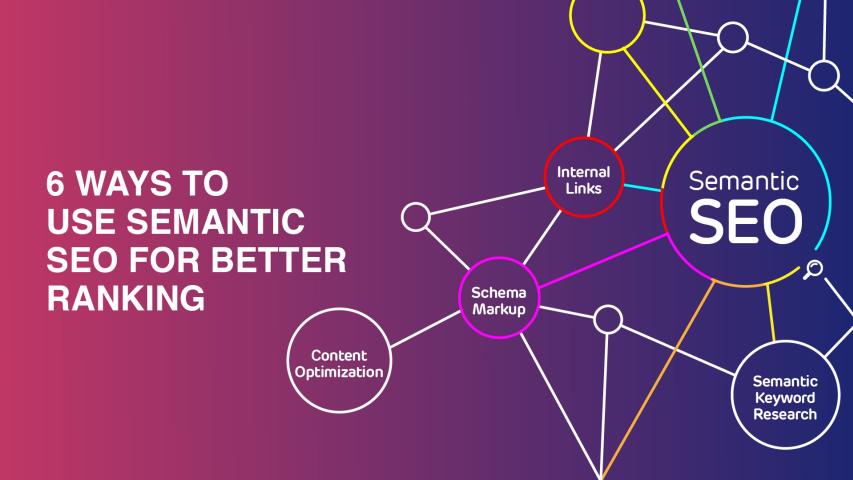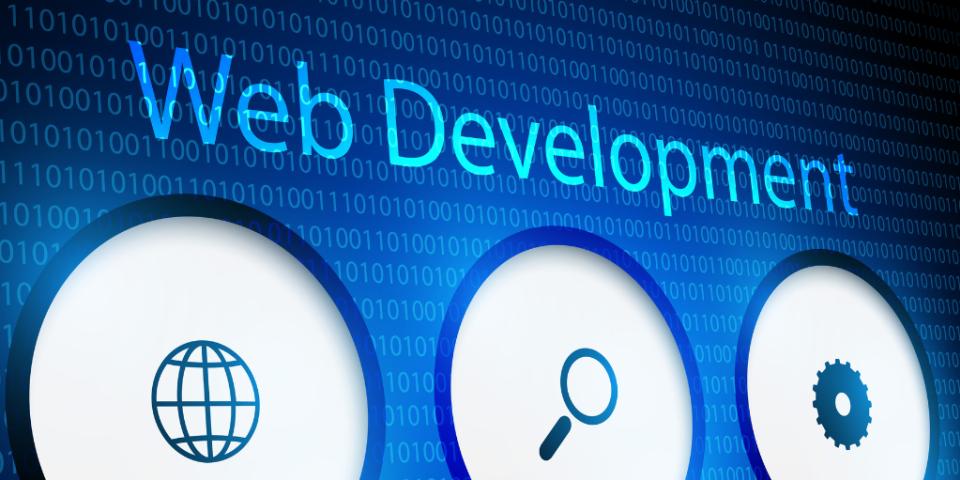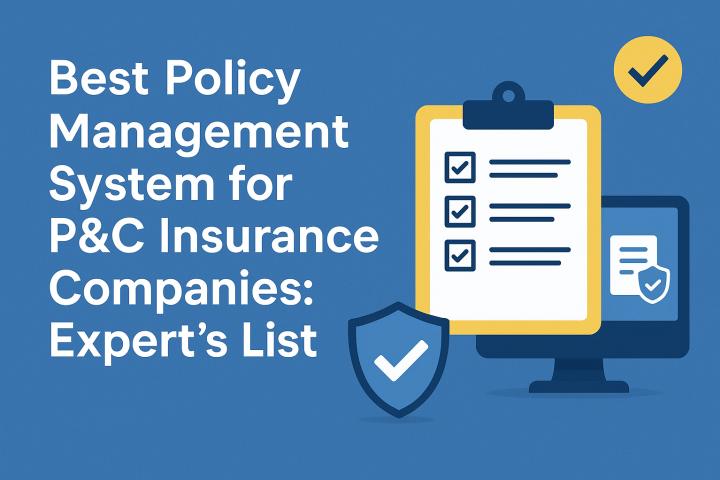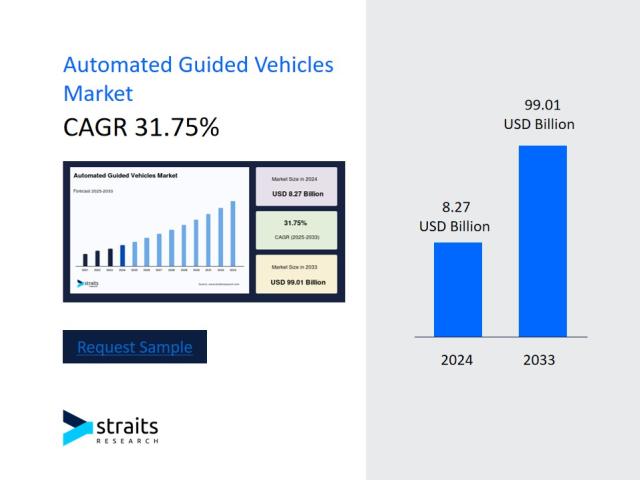In today’s fast-paced digital landscape, startups face a common challenge: how to grow quickly with limited resources. One of the most powerful tools helping early-stage companies scale efficiently is automated marketing.
What is Automated Marketing?
Automated marketing refers to the use of software and technology to streamline, automate, and measure marketing tasks and workflows. It allows startups to engage leads, nurture customers, and personalize communications without needing a large marketing team.
Why Startups Should Leverage Marketing Automation
Time Efficiency
Startups are constantly racing against time. Automation tools take over repetitive tasks such as email follow-ups, social media posting, and lead scoring—freeing up time for strategic thinking.Personalization at Scale
With automation, startups can send highly targeted messages based on user behavior, interests, and demographics—boosting conversion rates and customer satisfaction.Data-Driven Decisions
Automated systems provide real-time analytics and insights, helping startups quickly understand what’s working and what’s not, and pivot accordingly.Lead Nurturing
Not all leads convert immediately. Marketing automation allows startups to create multi-step campaigns that educate and nurture leads until they’re ready to buy.Consistency
Automation ensures consistent messaging and brand voice across all touchpoints, which is crucial for building trust with a new audience.
Real-World Example
Startup: SaaS Project Management Tool
A SaaS startup offering a project management platform sets up an automated onboarding email series for new users. Here's how they do it:
Trigger: User signs up for a free trial.
Day 0: Immediate welcome email with login link and video tutorial.
Day 2: Automated email highlighting 3 key features with embedded tips.
Day 5: Case study showing how another small team improved productivity.
Day 10: Personal email (automated but customized) offering a 15-minute call.
Day 14: Reminder email to upgrade to the paid plan with a limited-time discount.
By setting this up once, the startup ensures every new lead receives a guided, personalized experience that increases the likelihood of conversion—without requiring manual follow-up.
Tools to Get Started
Some popular tools that are startup-friendly include:
HubSpot (free tier available)
Mailchimp
ActiveCampaign
Zapier (for workflow automation)
Buffer or Hootsuite (for social media automation)
Best Practices
Start simple: Focus on automating one or two key areas like onboarding or newsletters.
Keep it human: Use automation to enhance—not replace—authentic human interaction.
Test and optimize: Continuously analyze performance and tweak your workflows.
Final Thoughts
Automated marketing is no longer a luxury—it's a necessity for startups looking to grow smarter, not just faster. By embracing automation early, startups can create a scalable marketing engine that delivers consistent results with minimal overhead.
